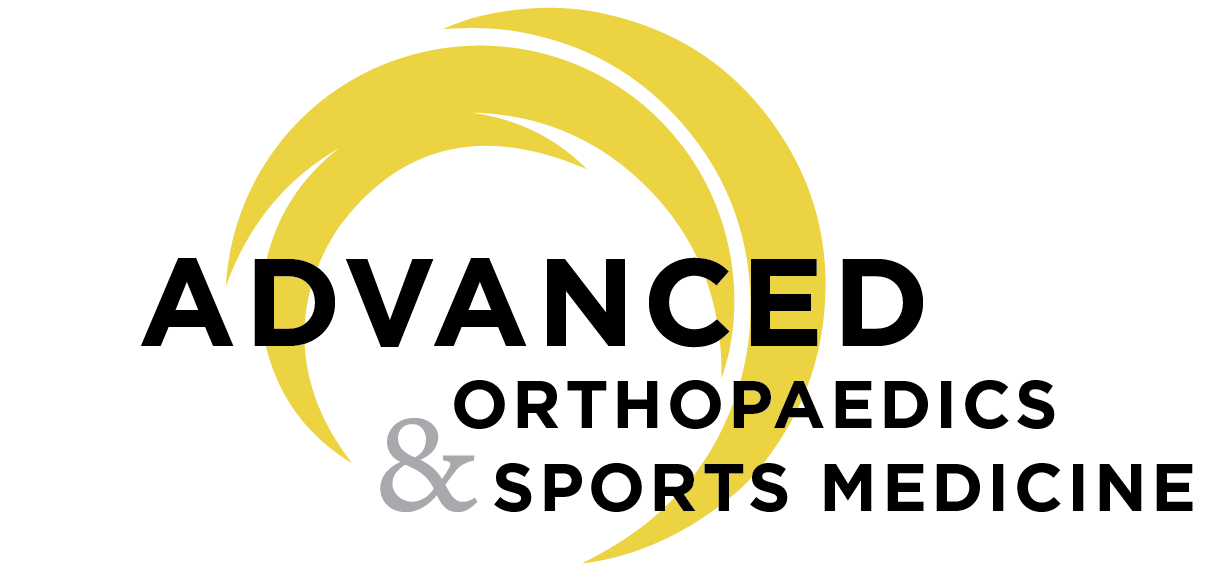Herniated Thoracic Disc
Herniated disc is a condition in which the outer fibers (annulus) of the intervertebral disc are damaged causing the soft inner material of the nucleus pulposus to rupture out of its space. This condition can be extremely serious if it occurs in the thoracic spine. Herniated thoracic disc is a relatively uncommon condition.
Causes
Herniated thoracic disc may be a result of following factors:
- Degenerative disc disease: Most commonly, thoracic herniated discs occur due to gradual wear and tear of the disc.
- Trauma to the upper back: A traumatic event such as a fall from a height can also cause herniated disc.
Symptoms
The symptoms of a herniated disc in the thoracic spine include:
- Pain in one or both legs
- Numbness or tingling sensation in one or both legs
- Weakness in certain muscles of one or both legs
- Spasticity in the legs because of Increased reflexes
Diagnosis
Proper diagnosis of the condition requires a complete medical history and a careful physical examination by your physician. Some of the additional diagnostic tests your doctor may suggest include:
- X-ray of the middle-back: X-rays help to detect the amount of wear and tear present and to rule out other conditions.
- CT and MRI scan: These tests are done to confirm the diagnosis of herniated disc.
